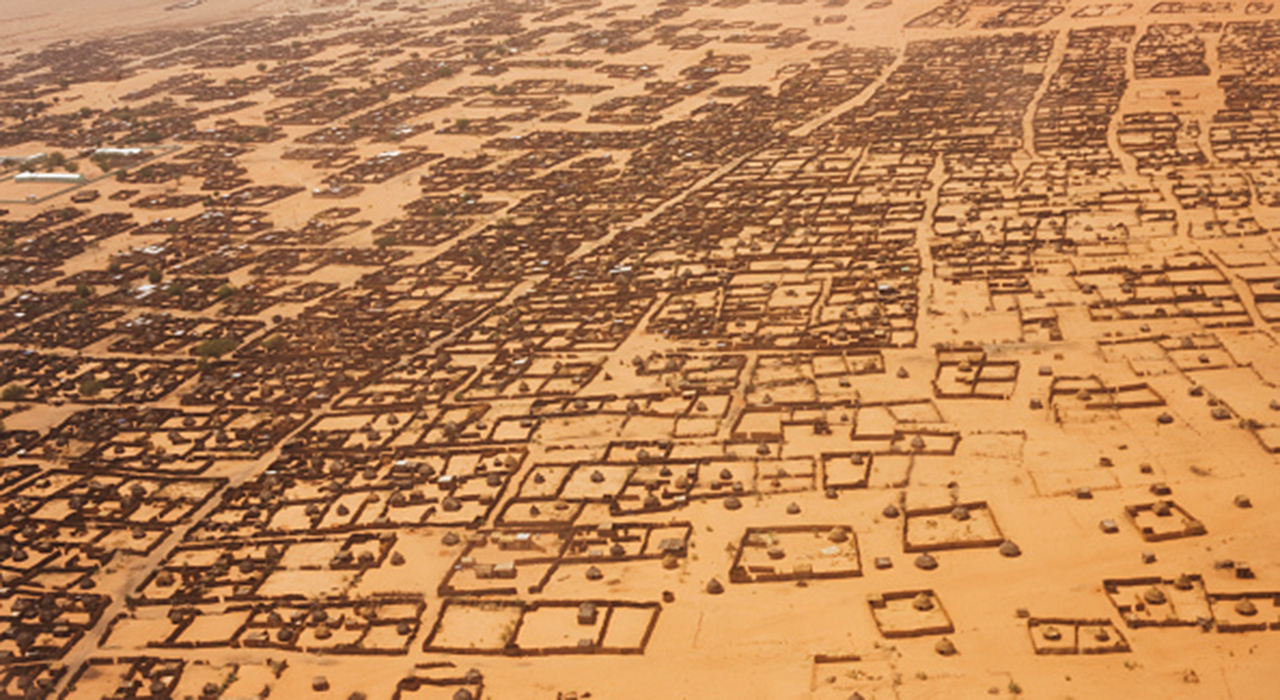Sahel foresight
The aim of this study is to understand the extent to which climatic and environmental factors are likely to contribute, in the near future (2030/2050), to the emergence and/or aggravation of tensions, crises and even conflicts in the Sahelo-Saharan strip.

This region, currently in deep crisis, is designated by the IPCC as one of the most vulnerable in the world to the impacts of climate change. In particular, temperature rises are predicted to be higher than the global average, and extreme droughts and heavy rains are expected to increase, with dramatic consequences for the availability of natural resources and the maintenance of traditional livelihoods, on which the vast majority of the population still depends.
The Sahel has become the seat of a series of threats that could destabilise African states but also European states such as France, notably due to the expansion of terrorist groups such as Boko Haram or Ansar Dine, the Malian conflict, the collapse of the Libyan regime, and migratory flows towards Europe. The Sahel has acquired a strategic importance for France and its partners.
Paris’ Sahel strategy is based on a global approach (political, security and development), the military component of which is carried out by Operation Barkhane. The French intervention is based on a partnership approach with the main countries of the Sahel-Saharan strip (in particular those gathered within the G5 Sahel) and aims to ensure that these states acquire the capacity to ensure their own security.
After identifying and analysing the various sources of insecurity in the Sahel on which climatic factors could act by reinforcing them (land conflicts, migratory flows, management of cross-border basins, terrorist threat), the report studies the capacities of local actors to face the challenges. It presents some of the early warning systems in place in the region and identifies their limitations. It assesses the capacity of local armed forces to deal with these threats and to defend their territory and ensure their sovereignty. It stresses the inadequacy of current resources and the challenges of coordination between international partners and local actors in order to provide a sustainable response to the Sahel crisis. While highlighting the efforts to achieve synergy between the various Sahel strategies developed by regional and international actors, it notes that in practice the aid provided to the Sahel is diluted because of the competitive logic at work and the overlap between projects.
The report then suggests a number of avenues for reflection to help French forces adapt to the increasingly harsh climatic conditions in the Sahel theatre of operations and to help local armies strengthen their capacities to restore peace and security in the Sahel. In particular, it encourages the implementation of a genuine medium- and long-term strategy linking the fight against climate change, the pursuit of economic and social development, the prevention of terrorism and conflict resolution, as the issues of security and development remain largely disconnected in practice, despite the goodwill shown.
Finally, the report continues the work of reflection on the development of the typology.
This study report n°3 focuses specifically on the G5 Sahel countries (Burkina Faso, Niger, Mali, Mauritania, Chad), but the Maghreb and Horn of Africa countries will be the subject of subsequent reports.
For the purposes of the study, several interviews were conducted with experts and representatives of local armies, which enabled the report to be enriched with elements concerning the expectations of these countries vis-à-vis their international partners, and France in particular.





